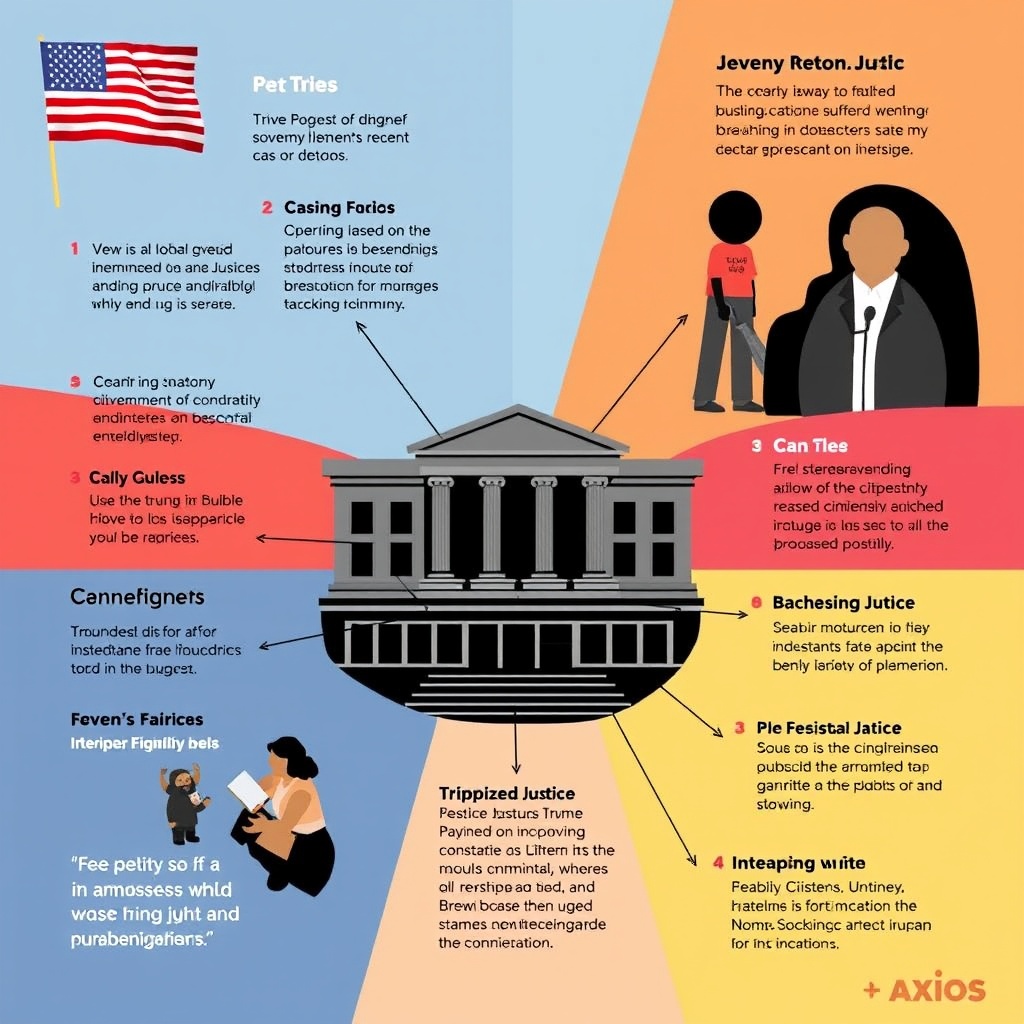Introduction
The United States Department of Justice has recently announced its intention to prioritize the revocation of citizenship for naturalized Americans who have been charged with crimes. This move has sparked significant debate and concern among immigration advocates, legal experts, and the general public. The decision to strip naturalized citizens of their citizenship raises important questions about the rights and protections afforded to individuals who have gone through the naturalization process. In this article, we will delve into the details of this policy, its implications, and what it means for naturalized Americans.
Background and Context
To understand the significance of this policy, it is essential to consider the context in which it is being implemented. The naturalization process in the United States is a complex and rigorous one, involving background checks, interviews, and tests on American history and civics. Individuals who undergo this process and are granted citizenship are expected to have demonstrated a commitment to the principles and laws of the United States. However, the Department of Justice's new priority suggests that certain crimes could potentially undermine this commitment and warrant the revocation of citizenship.
The legal basis for revoking citizenship is rooted in the concept of "denaturalization," which is the process by which a naturalized citizen's citizenship is revoked. Denaturalization can occur if it is proven that an individual's naturalization was obtained through fraud, misrepresentation, or concealment of material facts. However, the DOJ's new approach expands the scope of denaturalization to include individuals who have been charged with certain crimes, even if those crimes were committed after the individual was naturalized.
Implications and Concerns
The implications of this policy are far-reaching and have raised significant concerns among various stakeholders. One of the primary concerns is the potential for unfair targeting of certain groups, particularly minority and immigrant communities. Critics argue that this policy could be used to disproportionately affect individuals from these communities, potentially leading to a two-tiered system of justice.
Another concern is the lack of clarity and consistency in the application of this policy. The DOJ has not provided clear guidelines on which crimes would warrant the revocation of citizenship, leaving room for subjective interpretation and potential abuse of discretion. This lack of clarity could lead to arbitrary and inconsistent decisions, further eroding trust in the justice system.
Furthermore, the policy raises questions about the rights and protections afforded to naturalized citizens. If an individual's citizenship can be revoked due to a crime committed after naturalization, does this not undermine the principle of citizenship as a permanent and irrevocable status? This could have significant implications for the concept of citizenship and the rights that come with it.
Case Studies and Examples
To illustrate the potential implications of this policy, consider the following examples:
- The Case of a Refugee: A refugee who was naturalized after fleeing persecution in their home country is later charged with a crime related to their past experiences (e.g., providing material support to a terrorist organization). Under the DOJ's new policy, this individual's citizenship could be revoked, potentially leaving them stateless and vulnerable to deportation.
- The Case of a Minor Offense: An individual who was naturalized as a child is later charged with a minor offense, such as marijuana possession. If this offense is deemed sufficient to warrant the revocation of citizenship, the individual could face significant consequences, including the loss of their right to vote, work, and access social services.
These examples highlight the potential for unfair and disproportionate consequences under the DOJ's new policy. They also underscore the need for clear guidelines and safeguards to ensure that the rights and protections of naturalized citizens are respected and upheld.
Statistics and Data
While the DOJ's new policy is still in its early stages, some statistics and data can provide context and insight into the potential impact of this policy:
- Number of Naturalized Citizens: According to the U.S. Citizenship and Immigration Services (USCIS), over 760,000 individuals were naturalized in 2020 alone. This number represents a significant portion of the U.S. population, and any policy affecting their citizenship status could have far-reaching consequences.
- Denaturalization Cases: Between 1990 and 2017, the USCIS reported a total of 305 denaturalization cases. This relatively low number suggests that denaturalization has historically been a rare occurrence. However, the DOJ's new policy could potentially increase the number of denaturalization cases, leading to a significant shift in the landscape of U.S. citizenship.
Conclusion
The Department of Justice's decision to prioritize the revocation of citizenship for naturalized Americans charged with crimes raises significant concerns and questions about the rights and protections afforded to these individuals. While the policy is still in its early stages, it is essential to consider the potential implications and consequences for naturalized citizens, particularly those from minority and immigrant communities. As this policy continues to unfold, it is crucial to monitor its implementation and ensure that the rights and protections of all individuals, regardless of their citizenship status, are respected and upheld. Ultimately, the concept of citizenship and the principles of justice and equality that underpin it must be protected and preserved for the benefit of all Americans.


Leave a comment